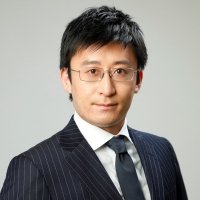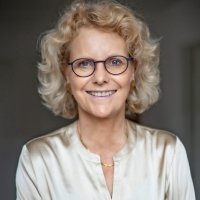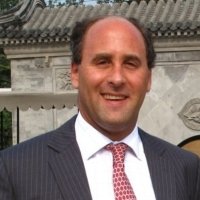Unleashing the Power of US-Japan Economic Security Cooperation
Submit a question
Shared concerns about the systemic challenges posed by the People’s Republic of China to global growth has led to greater coordination between the United States and Japan, a development which was highlighted by Prime Minister Kishida’s visit to Washington, DC in April 2024. Promoting economic security has emerged as a key interest in the US-Japan alliance, most notably to coordinate on the advancement of the critical technologies. At the same time, both the United States and Tokyo are invested in securing the competitiveness of the industries of the future within their own borders.
Our experts came together to discuss the opportunities as well as challenges ahead in derisking from the PRC amid greater political headwinds in both capitals, efforts to develop collective action against economic coercion, and the challenge of ensuring growth in an era of demographic decline and emerging technologies.
Speakers




Moderator

Hosted By

Indo-Pacific Program
The Indo-Pacific Program promotes policy debate and intellectual discussions on US interests in the Asia-Pacific as well as political, economic, security, and social issues relating to the world’s most populous and economically dynamic region. Read more


Wahba Institute for Strategic Competition
The Wahba Institute for Strategic Competition works to shape conversations and inspire meaningful action to strengthen technology, trade, infrastructure, and energy as part of American economic and global leadership that benefits the nation and the world. Read more
